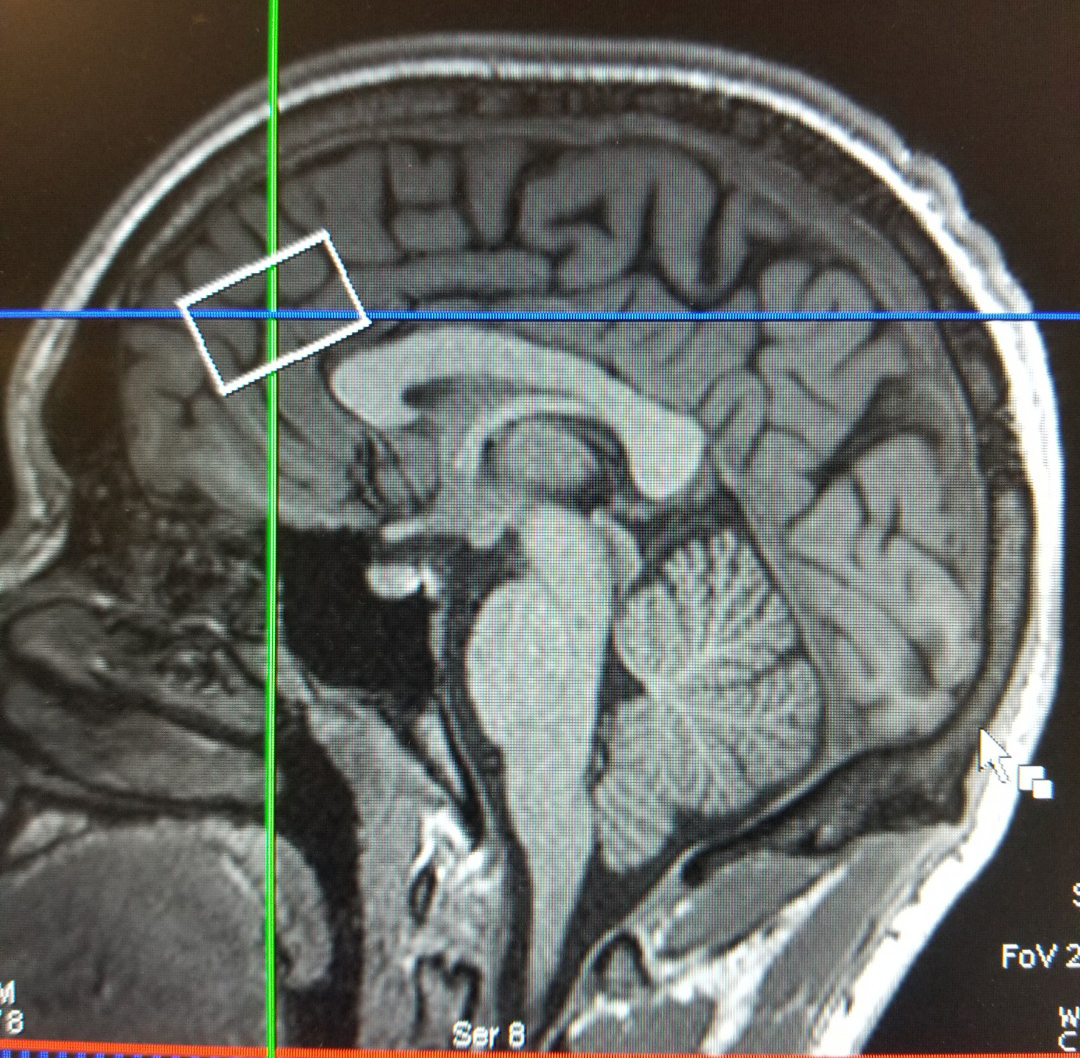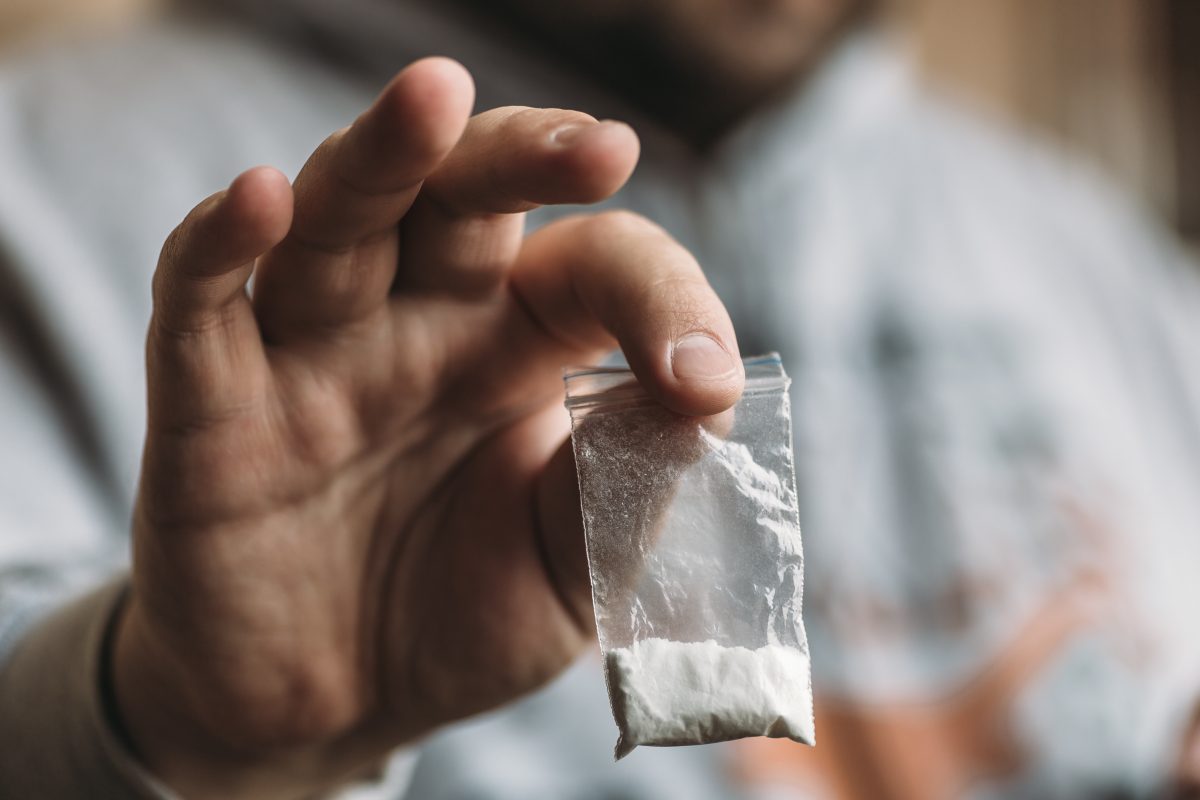Don
Cliff Sellwood
0
1
2023.12.12 19:03
 Introduction:
Introduction: Heroin addiction has grown to become a pervasive and really serious concern inside our culture. This report aims to highlight the considerable effect of heroin addiction, its causes, consequences, together with available treatment options. By checking out this complex topic, we hope to coach readers and motivate preventative measures to combat the devastating outcomes of heroin addiction.
Heroin addiction has grown to become a pervasive and really serious concern inside our culture. This report aims to highlight the considerable effect of heroin addiction, its causes, consequences, together with available treatment options. By checking out this complex topic, we hope to coach readers and motivate preventative measures to combat the devastating outcomes of heroin addiction.Factors:
A number of factors donate to the development of heroin addiction. One significant cause could be the rise in the option of low priced and powerful heroin shopping. This enables people to experiment with the drug and in the end get into a cycle of addiction. Furthermore, people with a brief history of other drug abuse, such as prescription opioids, tend to be more at risk of establishing a heroin addiction. Socioeconomic aspects, including poverty and decreased access to knowledge and resources, additionally perform a significant role in fueling addiction.
Influence and effects:
Heroin addiction features far-reaching effects on individuals, families, and communities. Bodily, it poses extreme health threats, including breathing despair, collapsed veins, and organ damage. The risk of overdose normally notably higher with heroin usage. Mentally, obsession with heroin may cause serious despair, anxiety, and alterations in character, frequently pressing people into a state of continual desperation.
The ripple ramifications of heroin addiction increase to households and communities. Interactions come to be tense, trust is eroded, and assistance systems disintegrate. People frequently endure financial hardships while they try to secure expensive rehab treatments. In communities afflicted with heroin addiction, crime rates will rise, as people resort to illegal activities to finance their particular addiction.
Treatment Plans:
Managing heroin addiction requires a multifaceted strategy. Detoxification, the initial step, assists people overcome actual reliance upon the medication. Medicines such as for instance methadone, buprenorphine, and naltrexone help with handling detachment symptoms, reducing cravings, and stopping relapse. Behavioral treatments, including cognitive-behavioral treatment (CBT) and contingency administration, work well in dealing with the mental aspects of addiction and helping individuals develop healthiest dealing systems. Furthermore, support groups and aftercare programs provide people who have the ongoing support they need to preserve a drug-free life style.
Prevention:
Avoidance plays a crucial role in handling the heroin addiction crisis. Knowledge about the dangers and effects of heroin use should really be incorporated into school curriculums, raising understanding from an earlier age. Communities and healthcare providers must also interact to improve access to substance abuse treatment facilities and help solutions. Implementing damage reduction methods, such as for instance clean needle change programs and naloxone distribution, can help to save lives and minimize the unfavorable impacts on communities.
Conclusion:
Heroin addiction is a growing crisis that needs instant interest. By comprehending the reasons, consequences, and treatments, we are able to develop effective strategies to fight this destructive epidemic. Prevention attempts, coupled with comprehensive treatment programs, are very important in breaking the period of addiction and assisting individuals reclaim their life. It is essential that culture addresses this issue collectively, prioritizing training, empathy, and help for all those impacted by heroin addiction.